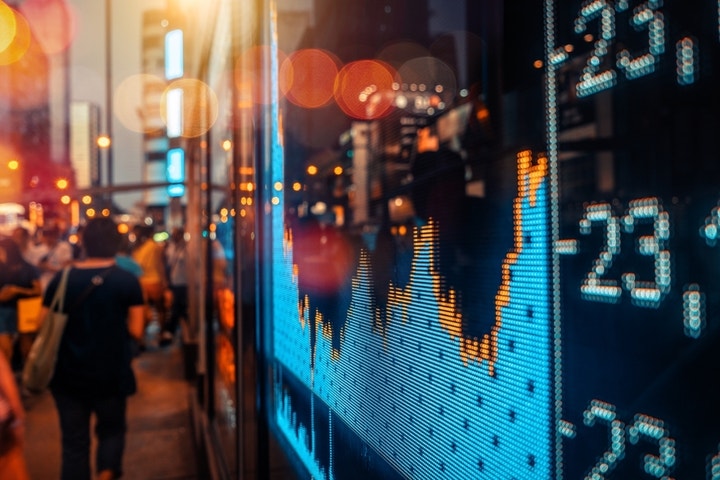
The July 9 deadline for the 90-day tariff pause is approaching as global trade diplomacy intensifies. While President Donald Trump evaluates options on reciprocal tariffs, nations across Asia and Europe are discussing deals that protect their interest, while balancing ties with both Washington and Beijing.
So far, the market shows no signs of anxiety, as the temporary tariff freeze, initiated in April, triggered one of the sharpest market rallies this year. The S&P 500 surged over 28% off April lows, driven by investor optimism that a broad global trade breakdown could be avoided.
The implied volatility VIX Index – a typical fear gauge which shows the implied market move over the next 30 days is below 16.75 as of Wednesday, July 2, near the yearly lows.
Trump's Compliance Bucket
U.S. Commerce Secretary Howard Lutnick said last week that the administration is prepared to finalize deals with up to 10 major partners before the deadline.
"President Trump has made clear that if agreements aren't reached in time, letters will be sent dictating terms," Lutnick told Bloomberg. Countries, he added, would be "sorted into proper buckets" depending on their compliance with U.S. trade expectations.
One key goal of the U.S. is to limit Chinese content in supply chains. India, Vietnam, and Taiwan are under pressure to meet "rules of origin" thresholds, with Washington seeking at least 60% local value-added in traded goods. For many Asian economies, this poses a dilemma.
"Asia's dilemma when it comes to Trump's trade war is all about dependence on U.S. final demand while relying heavily on China's value added in domestic production," Alicia Garcia Herrero, chief Asia-Pacific economist at Natixis SA, said per AP News. She noted that Vietnam, Cambodia, and Taiwan are the most exposed.
European Industry Seeks Independence
Europe, meanwhile, finds itself walking a tightrope. The European Union is China's largest export market for electric vehicles and has seen over €10 billion in Chinese investment last year. Yet, the EU faces a 50% tariff threat from the U.S. on nearly all its exports if a deal is not reached.
Former EU Chamber of Commerce President Joerg Wuttke captured Europe's cautious stance: "The EU remains geared towards the U.S., but trade with China continues. We are not allies. We are trading partners," he said for AP News.
However, the opinions of bureaucrats and industrialists vastly differ. Stefan Scherer, CEO of German lithium supplier AMG Lithium (OTCPK: AMVMF), was more blunt.
"Europe has to become independent of China, otherwise it's just blah blah blah," he said for The Guardian, criticizing the EU's reliance on Chinese critical raw materials. He argues that the EU is still years behind China in terms of dominance in key supply chains.
The EU's recent efforts include a Critical Raw Materials Act and a €241 billion ($284 billion) investment in nuclear energy.
Bessent’s Warning To Brussels
Beijing, for its part, has warned it will not accept trade deals that harm its interests. “China firmly opposes any party reaching a deal at the expense of Chinese interests in exchange for so-called tariff reductions," the Ministry of Commerce said, according to the JingDaily.
While the EU seeks to maintain its autonomy, Washington has cautioned against the growing ties between the EU and China. Treasury Secretary Scott Bessent warned, "Countries seeking to get closer to China would be cutting their own throat," citing the risk of China dumping goods banned in the U.S. into Europe.
Still, Beijing is capitalizing on its moment. An EU-China summit scheduled for July 24-25 aims to reaffirm ties. Analysts believe China will use the meeting to demonstrate unity with Europe and counterbalance U.S. pressure. As Garcia noted, "China has built so many strategic dependencies that the EU is trapped in an asymmetric relationship."
Read Next:
Photo: Shutterstock







